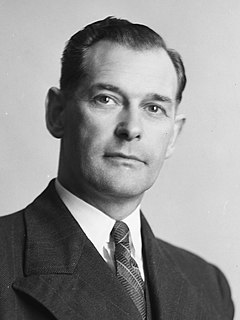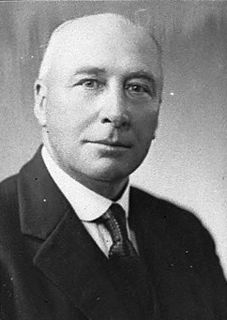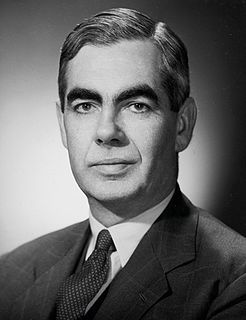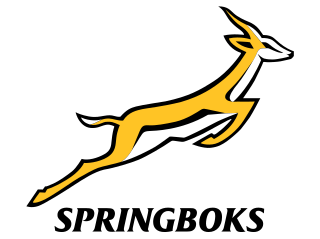
The 1949 New Zealand general election was a nationwide vote to determine the shape of the New Zealand Parliament's 29th term. It saw the governing Labour Party defeated by the opposition National Party. This marked the end of the First Labour government and the beginning of the First National government.

The 1951 New Zealand general election was a nationwide vote to determine the shape of the New Zealand Parliament's 30th term. The First National Government was re-elected, with the National Party increasing its parliamentary majority over the opposition Labour Party.

The 1957 New Zealand general election was a nationwide vote to determine the shape of the New Zealand Parliament's 32nd term. It saw the governing National Party narrowly defeated by the Labour Party. The 1957 elections marked the beginning of the second Labour government, although this administration was to last only a single term.

The 1960 New Zealand general election was a nationwide vote to determine the shape of the New Zealand Parliament's 33rd term. It saw the governing Labour Party defeated by the National Party, putting an end to the short second Labour government.
The East Coast Bays by-election of 1980 was a by-election during the 39th New Zealand Parliament in the East Coast Bays electorate. It resulted in an upset for the National Party, as their candidate and future leader Don Brash was unexpectedly beaten by Gary Knapp of the Social Credit Party.

William Edward Parry was a New Zealand Minister and trade unionist.

Daniel Johnston Riddiford was a New Zealand politician of the National Party.

Rev Frederick Ledger Frost (1887–1957) was a New Zealand politician of the Labour Party.

Arthur Shapton Richards was a New Zealand politician of the Labour Party.
Marsden is a former parliamentary electorate, in the Whangarei District and in the Northland Region of New Zealand.
Edwin Joseph (Ted) Keating,, was a New Zealand Member of Parliament for the Labour Party, academic and director of the Bank of New Zealand.
Charles Richard Mayson, generally known as Richard Mayson, is a former New Zealand politician of the Labour Party.
Sydney Ionoval Jones was a New Zealand politician of the National Party.

The 29th New Zealand Parliament was a term of the Parliament of New Zealand. It opened in 1950, following the 1949 general election. It was dissolved in 1951 in preparation for the 1951 general election. The governing Labour Party had been defeated in the election by the National Party. This marked the end of the First Labour government and the beginning of the First National government.

The 32nd New Zealand Parliament was a term of the New Zealand Parliament. It was elected at the 1957 general election on 30 November of that year.

The 33rd New Zealand Parliament was a term of the New Zealand Parliament. It was elected at the 1960 general election on 26 November of that year.

The 38th New Zealand Parliament was a term of the New Zealand Parliament. It was elected at the 1975 general election on 29 November of that year.

The 37th New Zealand Parliament was a term of the New Zealand Parliament. It was elected at the 1972 general election on 25 November of that year.

The New Zealand National Party leadership election, 1984 was held to determine the future leadership of the New Zealand National Party. The election was won by former Deputy Prime Minister Jim McLay.
Barry Selwyn Gustafson is a New Zealand political scientist and historian, and a leading political biographer. He served for nearly four decades as Professor of Political Studies at the University of Auckland, and as Acting Director of the New Zealand Asia Institute from 2004 to 2006. He has contested various general elections, first for the Labour Party and later for the National Party, coming second each time.

The International Standard Book Number (ISBN) is a numeric commercial book identifier which is intended to be unique. Publishers purchase ISBNs from an affiliate of the International ISBN Agency.
















